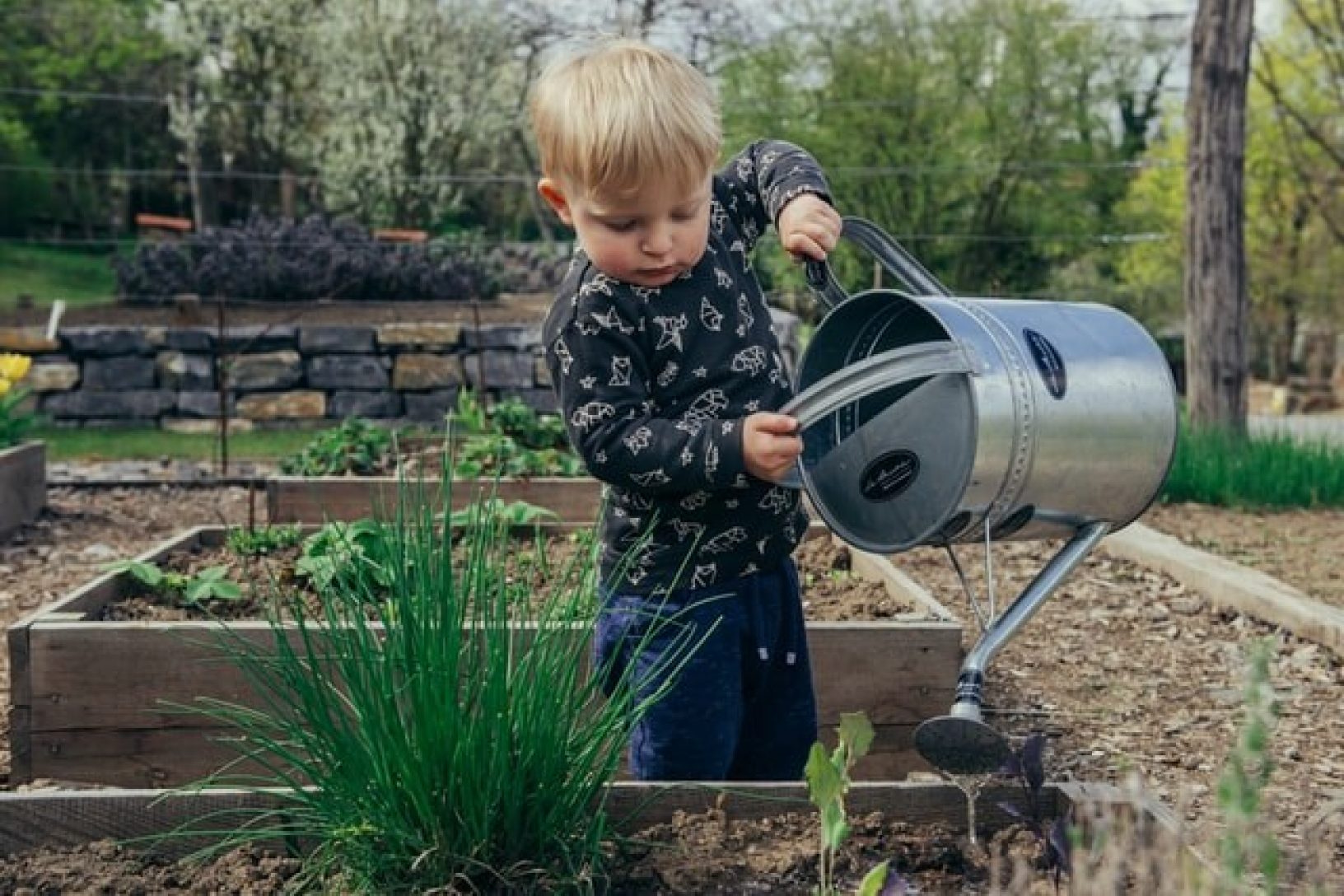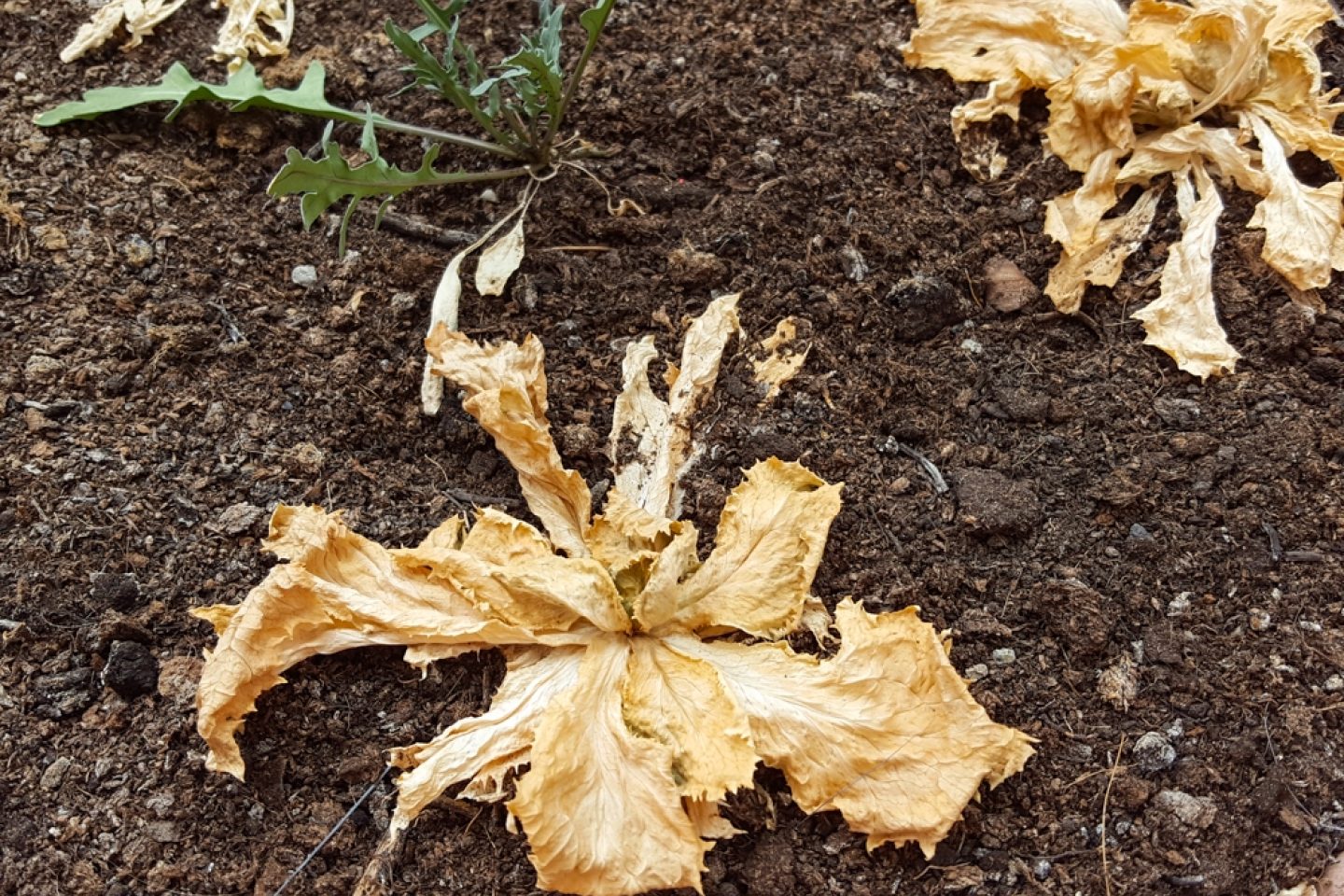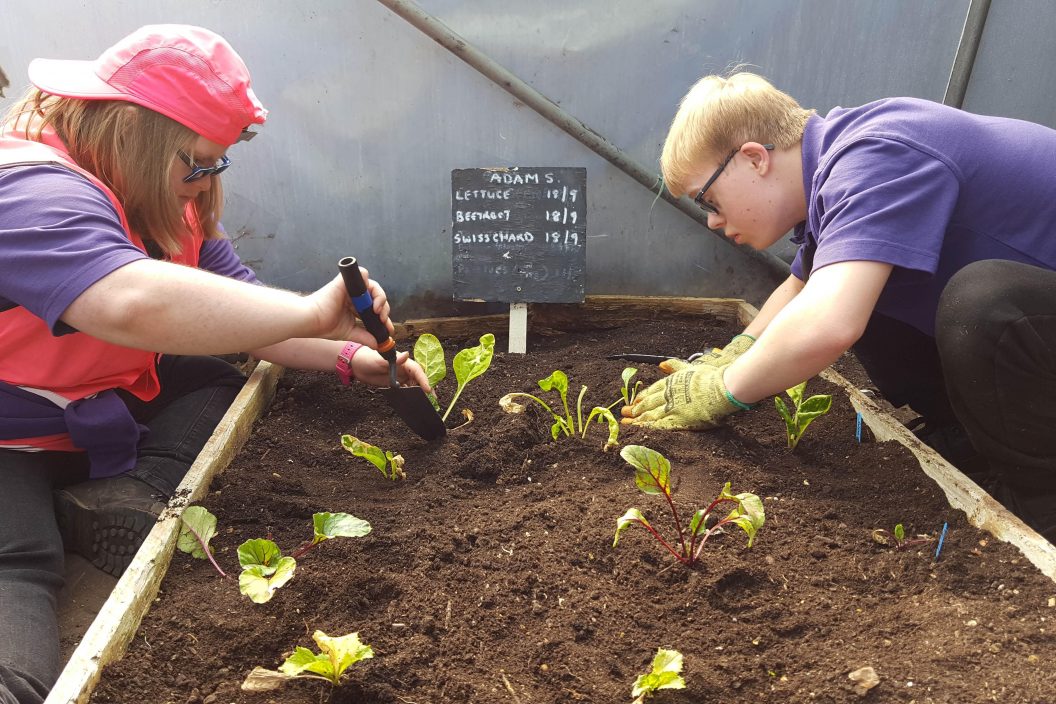
Whether you’re a novice or an accomplished expert called Titchmarsh or Don, gardening is a lifelong learning process because nature’s curriculum is so rich and vast.
Knowledge comes in an abundance of forms and has different uses. For some, it’s all about the practical, such as when is the best time to prune roses or how to grow leeks.
For others, the science behind plant growth or tackling crop disease or understanding how horticulture can help people with mental health problems will be an important motivator.

Learning opportunities come in various shapes and sizes at Thrive through our Social and Therapeutic Horticulture (STH) programmes, for example:
But there is plenty that gardening and STH offers beyond a formal curriculum or course.

Social skills can be learnt and enhanced as people work in small groups in Thrive’s gardens. Doing shared tasks provides opportunities for conversation, listening, and sharing, all vital elements of successful relationships.
Success and failure
Gardening can also help us learn how to adapt to changing circumstances and things beyond our control.
No one can be a gardener and not become familiar with success and failure.
Success breeds confidence, sense of purpose and self-esteem, all healthy ingredients for good mental health.
But sometimes a plant won’t grow, or doesn’t survive, regardless of the gardener’s skill. Such small losses can help us cope with sadness and disappointment, building resilience and strength of character.

Patience and partnership
In a hectic world of instant gratification, growing plants teaches us a lesson in patience and partnership.
Nature won’t be hurried and successful gardeners will work with it, not against it. Understanding and providing the correct conditions for growth is vital, a notion often summed up by ‘right plant, right place’.
The natural cycles are all part of gardening and help us understand we are involved in something bigger than ourselves, providing a healthy sense of place and perspective.
Whatever our capacity to learn, gardening and gardens can teach us plenty about living healthier and more fulfilled lives.
Garden designer Gertrude Jekyll summed it all up well: ‘The lesson I have thoroughly learnt, and wish to pass on to others, is to know the enduring happiness that the love of a garden gives.’
